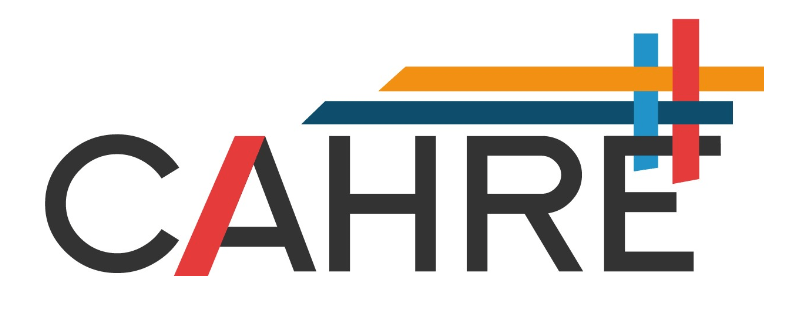In this month’s blog, Kelsey shares with us her perspective of being the child of Sri Lankan immigrant parents. Difficulty or reluctance to express emotions is an experience that many Asian communities share, a feature of her experience that led Kelsey to mental health related research for her Masters in Public Health. Kelsey’s blog is candid and shares what is often unsaid by Asian students.
Growing up, I often felt different from my peers and, for as long as I can remember, I was always trying to understand what made people, especially my immigrant parents behave the way they did.
I quickly realised that ‘fear’ was a vital factor in my parents’ lives that stopped them from expressing their struggles, weaknesses, and trauma. They believed by sharing, ‘shame and burden’ would follow them and tear down the family they worked so hard to protect. I watched my parents neglect their feelings and battle their demons in silence, eventually leading to their separation years later.
As I looked around, I recognised the same patterns of frustration and self-neglect in the wider Sri Lankan community to which my family belonged. I’ve been a part of many conversations where the solution was to ‘sweep things under the carpet’ rather than to seek help. In many ways, I was starting to do the same thing.
I became an individual who found it hard to display signs of happiness or pride over my own accomplishments. I felt as if I was emotionally unequipped to accept good things, possibly stemming from my immigrant parents’ lack of recognition or positive feedback. I too began to overlook the positive aspect of myself. I constantly compared myself to others and harshly criticised myself, ending in countless breakdowns behind closed doors.
On the outside, I became the first in my family to attend university, to have completed my Bachelors of Health Sciences, Postgraduate Studies in Public Health, and Masters in Public Health – all by the age of 24.
This tension between what I was experiencing inside and how I presented to the world outside made me made me interested in the topic of Asian mental health, which led me to study the area of suicide and self-harm among Asian people for my dissertation. I learned a lot during my Master’s year, even though completing a dissertation on such a sensitive topic, had its challenges. As one of my professors said best, “you heal as you write” – which I tried my best to do even on the days I didn’t want to.
At the end of it, I’ve come to realise that despite the discomfort, being vulnerable and opening about your struggles might do more good than harm. Struggling is not necessarily the bad thing that I was conditioned to believe. Instead, recognising and validating our experiences, weaknesses, and trauma can be positive – a significant part of healing both alone and with others.
Writing this blog is uncomfortable. I feel that I may regret exposing myself a little too much online. However, I am writing from a place of authenticity which will hopefully create space for other children of immigrant Asian parents, who may feel the same way, to connect and to have their experiences validated.
To us,
We are not alone nor different.
We’ve come a long way, and we should acknowledge and celebrate all our small and big successes in life.
Kelsey

About the author
Kelsey Thanam lman404@aucklanduni.ac.nz
Kelsey was is of Sri Lankan descent and has recently completed her Masters in Public Health, looking into suicide prevention services that are available to Asian communities.
Currently, she is a research assistant for Ethnic Women in Politics and a second project group looking into ethnic youth health.

Hi Kelsey, thank you for this raw and real blog! I love that quote “you heal as you write.” Doing research within the Asian space as an Asian person can be so challenging, but so worth it. Looking forward to seeing your awesome work! Lovely x